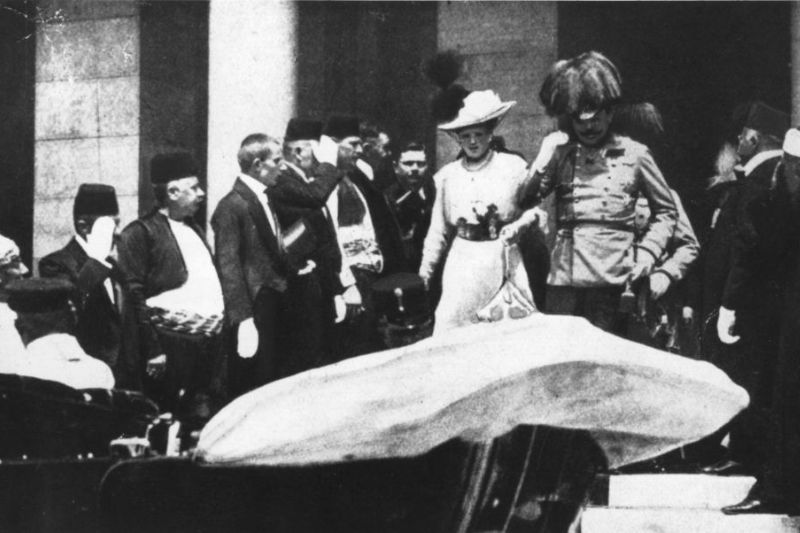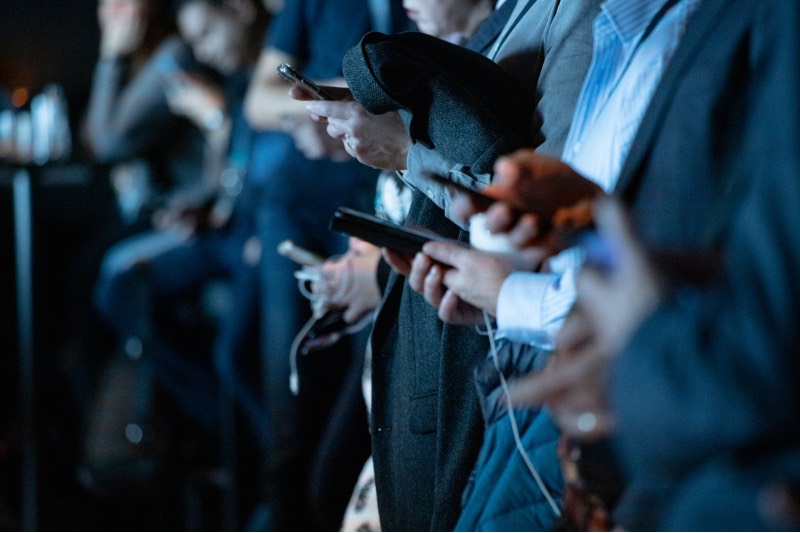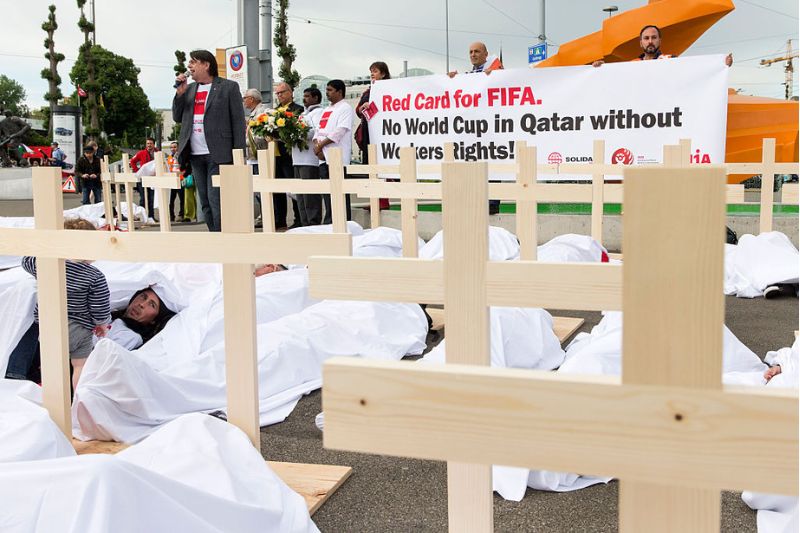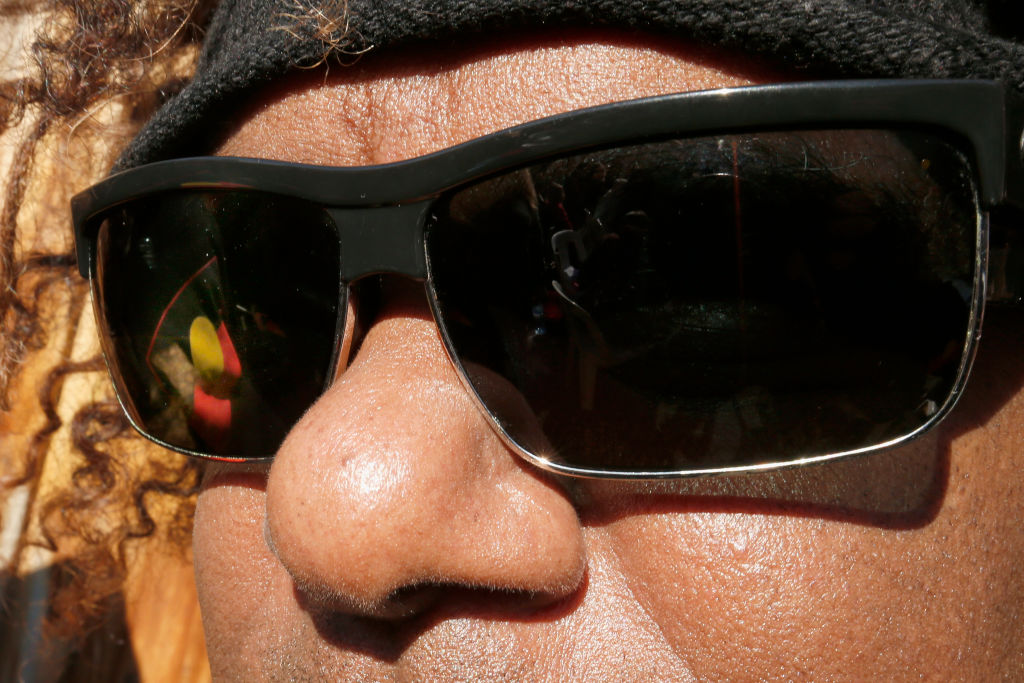Keywords: Ethical Fashion
-

INTERNATIONAL
- Stephen Yorke
- 24 April 2024
1 Comment
On a June day in 1914, a Bosnian nationalist in Sarajevo ignited a chain reaction that reshaped the world. Gavrilo Princip, a 19-year-old student, did not aim to unleash a global conflict. From the halls of imperial power to the fields of battle, how did the shots fired in Sarajevo echo across continents, drawing empires into disarray and redrawing the map of the modern world? (From 2004)
READ MORE
-

AUSTRALIA
- Peter Mares
- 12 April 2024
1 Comment
The ABC’s recent Q+A housing special left many questions unasked and unanswered. Labor, Coalition and Green MPs all say they want more people to be able to buy their own homes. The most obvious way to achieve that would be to reduce the price of housing. Yet no politician will make that an explicit policy aim.
READ MORE 
-

AUSTRALIA
- Holly Lawford-Smith
- 02 February 2024
1 Comment
How can we make progress on the question of whether debate can do harm, and if it can, whether that’s a sufficient reason to suppress particular debates? Or should we adopt a ‘no debate!’ approach to particular topics ourselves?
READ MORE 
-

ENVIRONMENT
- Sarah Bacaller
- 06 September 2023
Fast fashion's allure is undeniable, but the environmental and ethical tolls it exacts are staggering. With 200,000 tonnes of clothing dumped annually, the pressing question is: How can fashion be sustainable and ethical? In a world drowning in disposable clothing, can we redesign the fabric of our consumer habits?
READ MORE
-

AUSTRALIA
- Denis Muller
- 26 July 2023
1 Comment
The landscape has changed, and there is no going back. Individual journalists are now integrated into the ranks of pundits, urgers and persuaders who abound online. At their employers’ behest, they blog, they podcast, they ‘engage’ as the current jargon has it, with those who post comments to their articles online. (From 2021)
READ MORE
-

ENVIRONMENT
- Cardinal Soane Patita Paini Mafi
- 06 March 2023
4 Comments
Increasingly frequent and severe weather events are leaving Pacific Island nations struggling to rebuild. The region needs nearly US $1 billion per year in financing to adapt to climate change but with lengthy delays and complex grant applications, accessing funds is a challenge.
READ MORE
-

AUSTRALIA
- David Halliday, Peter Mares, John Falzon, Nicola Nemaric, Rae Dufty-Jones
- 18 November 2022
1 Comment
Despite rising interest rates and the recent dip in property values, Australia’s housing situation places it among the least affordable property market in the world. With a rise in homelessness and younger Australians locked out of an inflated housing market, what is the way forward for Australia?
READ MORE 
-

INTERNATIONAL
- Binoy Kampmark
- 25 October 2022
2 Comments
With the likes of David Beckham and Tim Cahill openly supporting the FIFA Men's World Cup in Qatar next month, what of those troubled sporting figures wishing to take an ethical, moral stand against a tournament’s organisers? To that end, a new, disingenuous form of protest has emerged, one of virtuous self-promotion that eschews substantive effect.
READ MORE 
-

AUSTRALIA
- Andrew Hamilton
- 30 June 2022
11 Comments
If NAIDOC and of the Australian Catholic Church are to achieve their goals time and patience will be required. Yet both show signs of justifiable impatience. This year the theme of NAIDOC Week is Get Up! Stand Up! Show Up! Its tone is urgent, expressing frustration at the resistance to change but also the recognition that new possibilities have opened.
READ MORE 
-

MEDIA
- Denis Muller
- 11 January 2022
4 Comments
The landscape has changed, and there is no going back. Individual journalists are now integrated into the ranks of pundits, urgers and persuaders who abound online. At their employers’ behest, they blog, they podcast, they ‘engage’ as the current jargon has it, with those who post comments to their articles online.
READ MORE
-

MEDIA
- Denis Muller
- 10 June 2021
5 Comments
The landscape has changed, and there is no going back. Individual journalists are now integrated into the ranks of pundits, urgers and persuaders who abound online. At their employers’ behest, they blog, they podcast, they ‘engage’ as the current jargon has it, with those who post comments to their articles online.
READ MORE 
-

AUSTRALIA
- Binoy Kampmark
- 20 February 2020
3 Comments
The Australian Federal Police raid on the 5th of June last year shook the Fourth Estate and, according to managing director David Anderson, ‘was seen for exactly what it was: an attempt to intimidate journalists for doing their jobs.’ It saw an unprecedented closing of ranks between journalists across the political spectrum, pursuing a campaign that came to be known as The Right to Know. Convincing the courts about this principle would prove to be something else.
READ MORE 